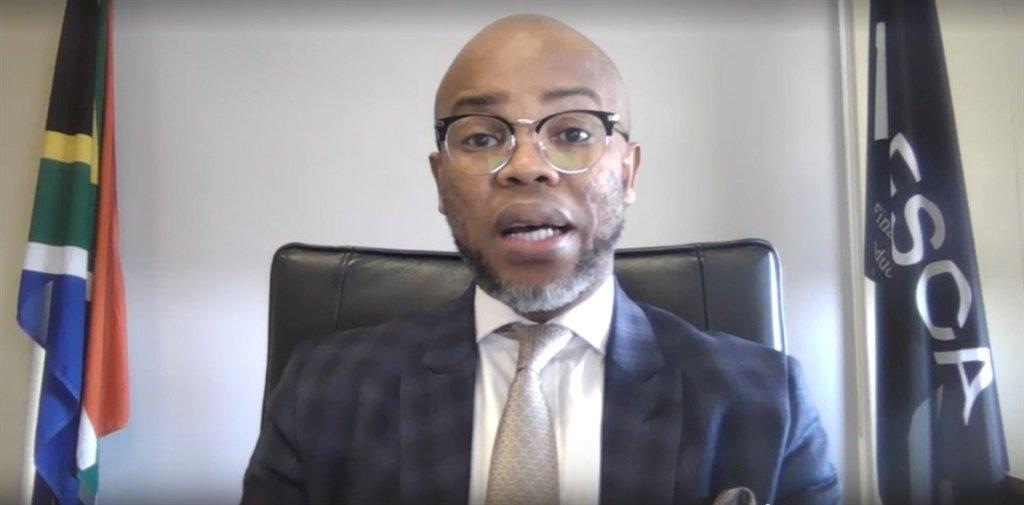Africa-Press – South-Africa. The financial sector regulator believes a central fund must be established to manage all unclaimed benefits in SA, and intensify the search for beneficiaries.
The amount of these unclaimed assets has increased dramatically since it began monitoring the problem more closely.
While in the past the Financial Sector Conduct Authority (FSCA) reported that more than R40 billion in unclaimed benefits is stuck in retirement funds, it revealed on Tuesday that this amount may be closer to R88 billion – after it asked banks, life insurers, unit trusts and financial market players to submit their estimates.
“Yes, the size of unclaimed assets is large … But what we are finding is that the more we are concretely reporting and seeing it, the numbers just get bigger,” said the FSCA deputy commissioner, Kathy Gibson.
According to the statistics presented by the regulator when it tabled the Unclaimed Benefits Asset Discussion Paper on Tuesday, the retirement industry represents just over half of the unclaimed benefits, at R47.2 billion.
Life insurers and collective investment schemes, including unit trusts, have R33.5 billion in unclaimed benefits and dormant accounts. And that amount could have been much higher had it not been for the Association for Savings and Investment South Africa (ASISA) members reuniting almost 80 000 people with their monies in 2021, to the tune of R22.66 billion.
Banks have R3.3 billion in dormant retail transactional accounts and R4.5 billion is with central securities depository firms like Strate.
Could you have millions you don’t know about? SA’s ‘widespread’ problem of unclaimed benefits
But the FSCA believes these numbers are possibly much higher, especially for banks. The regulator only focused on retail transactional accounts at five banks and not other dormant accounts like savings and money market products, where people tend to put large sums of money.
“We need to be careful about the extent to which we can trust what’s in there because at this stage, particularly in the banking sector, we don’t have consistent definitions. If anything, there’s going to be under-reporting, not over-reporting,” said Gibson.
With the estimated amount of unclaimed money ever-growing, and amid concern that some sub-sectors of the financial industry aren’t putting enough effort into tracing beneficiaries, the regulator has put forward a host of recommendations on what to do with this money.
The first recommendation is that all sub-sectors of the financial services industry be included when monitoring unclaimed benefits and not just retirement funds, which have been under the spotlight for the past few years. The FSCA said thanks to that scrutiny, the retirement industry is doing much better than others in its efforts to try and trace beneficiaries.
The FSCA also wants SA to establish a common understanding and definition of what constitutes unclaimed benefits and dormant accounts. It pointed out that other countries have laws governing unclaimed benefits which describe what is meant by unclaimed assets and prescribe how they should be identified.
But the most radical proposal is the creation of a Central Unclaimed Assets Fund. Alternatively, monies sitting in all dormant accounts across the financial sector could be transferred to the National Revenue Fund. This is the central fund where all national government revenue is paid into, including tax from the SA Revenue Service.
FSCA Commissioner Unathi Kamlana sees the regulator closely involved in appointing the board that would preside over the proposed fund. He believes that a combination of experts with investment industry skills and directors with no potential conflict of interest – or not involved in the financial sector – can make a good board.
EXPLAINER | For how long can I still claim unpaid benefits from a life policy or investment?
The FSCA believes the private sector is best placed to manage the fund. The FSCA and the Prudential Authority could oversee those processes.
“I think there will be questions around the involvement of government given that many of the people who will not be traceable fall back into the safety net that the government provides. So, government always has an interest, or should have an interest, in terms of this area … Of course, we would like to hear from the public and others in the industry about what is best,” he said.
The FSCA divisional executive of retirement funds supervision, Olano Makhubela, said the investment returns earned from these billions of rands can fund the Central Unclaimed Assets Fund without prejudicing beneficiaries.
“The idea is that this shouldn’t cost much. These are funds belonging to former workers and their beneficiaries. So, you really want to keep the cost minimal,” he said.
Makhubela said the fund can outsource tracing to a few agents to keep them competing and can even have rules stipulating that they’d get paid only once they have positive traces.
Kamlana said if the alternative becomes the National Revenue Fund, the governance and oversight will lie with National Treasury and the Minister of Finance.
The FSCA is asking for the public to respond to the key questions in its discussion paper by 30 November.
For More News And Analysis About South-Africa Follow Africa-Press






